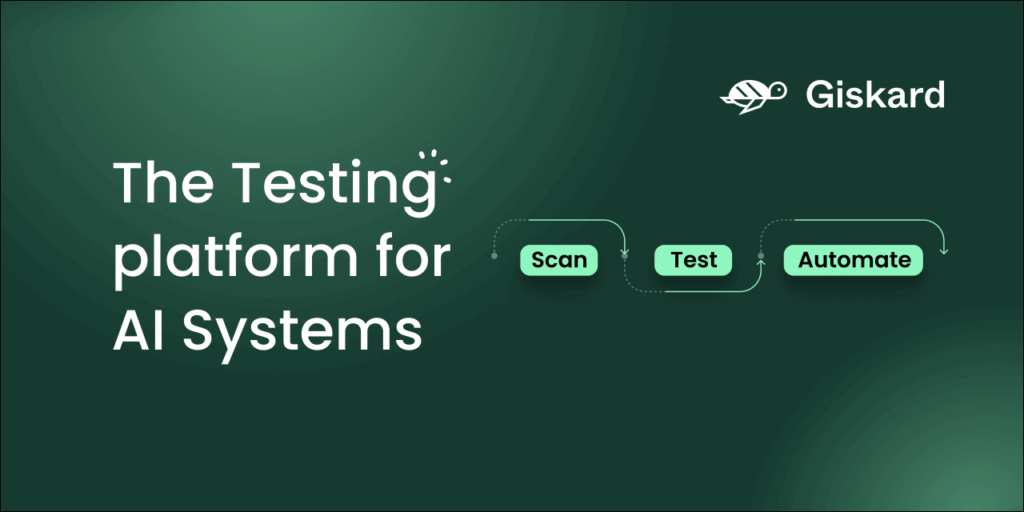giskard
Basic Information
Giskard is an open-source Python library and evaluation framework designed to automatically detect performance, bias and security issues in AI systems, with specific support for LLM-based and RAG applications as well as traditional ML models. It provides tools to wrap model calls, run automated scans that identify problems such as hallucinations, harmful generation, prompt injection, robustness failures and sensitive information disclosure, and to produce actionable scan results. The repository includes a RAG Evaluation Toolkit (RAGET) to generate evaluation datasets and to measure component-level performance of RAG applications. It targets developers and ML engineers who need systematic, reproducible testing, and it integrates with common tooling and workflows. The project is delivered as a Python package, supports Python 3.9–3.11, and offers notebooks and community resources for getting started.








